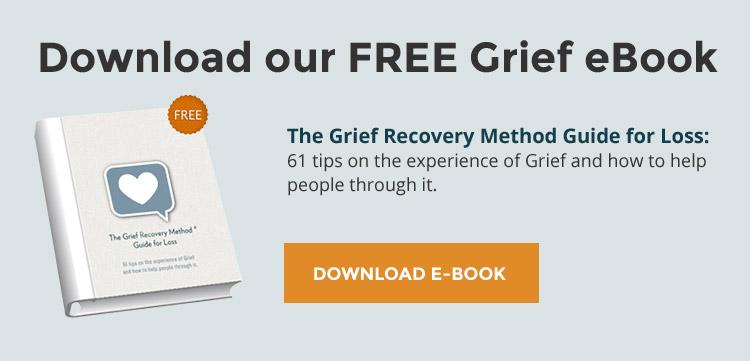
Navigating grief can be difficult, especially when it comes to knowing what to say and what not to say to friends who have suffered from a miscarriage.
The grief surrounding a miscarriage is profound and often overlooked. Many parents, both mothers and fathers, struggle with feelings of isolation and misunderstanding, partly due to the lack of recognition from others. Society doesn't always understand that it's important to honor that emotional bond, even if it was formed before the baby's birth.
When a couple learns they are pregnant, they often dream about the future. They envision what their child will be like, the milestones they'll share, and the experiences they'll create together. This bond begins long before birth, with hopes and expectations forming around the baby's personality, interests, and potential challenges.
The anticipation can lead to a deep emotional investment, making a miscarriage feel like not just the loss of a child but the loss of all those dreams and plans as well. It's a profound grief that can resonate through every aspect of life, affecting how parents relate to each other and future pregnancies.
In fact, The divorce rate for couples who experience a miscarriage is generally higher than for those who haven't. Studies suggest that around 20-25% of couples may face relationship strain after a miscarriage, with some reports indicating that the divorce rate can increase to about 30-40% in the years following the loss. The emotional toll of miscarriage can lead to feelings of isolation, grief, and differing coping mechanisms, which can strain relationships.
Miscarriage can evoke a complex array of emotions, including sadness, anger, and guilt, and these feelings may not dissipate over time. The societal tendency to minimize this loss only compounds the pain, making it crucial for those affected to seek out supportive environments where they can express their grief. Your words and actions can help them express their emotional pain, which can lead to healing. Saying the wrong thing can lead to avoidance and isolation.
Here are a few comments that can be unhelpful to say to someone who experienced a miscarriage:
- Don't feel bad. At least you can have other children.
- At least you weren't too far along.
- Everything happens for a reason.
- You're young. You can have more kids.
- Be strong for your kids.
- Healing just takes time.
While some of these statements may be intellectually accurate, they speak to the mind rather than the heart and won't provide comfort to someone grieving a miscarriage.
Here are ways to support a friend who has been devastated by a miscarriage:
Ask what happened
Genuinely inquire about their experience and truly listen to their response. Parents who have experienced miscarriage need someone who will listen to them. The most loving thing you can do is provide that space without judgment, comparison, or attempts to "fix" their pain.
If you don't know what to say, tell the truth
It's perfectly okay to admit you're unsure what to say. Your honesty can create a sense of safety for the grieving person, showing them you're there to listen without trying to solve their feelings.
Be compassionate by saying, "I can't imagine how you feel"
Every relationship is unique, involving two distinct individuals. Even if you've experienced a miscarriage, too, you can't fully understand another person's experience. You can only share your feelings about your loss, highlighting their grief's individuality.
Being supportive means listening, acknowledging their pain, and offering comfort without judgment, interruption, analysis, criticism or assumptions.
Want to learn more about grief and grief recovery? Download our free Ebook today
The Grief Recovery Method Guide For Loss Ebook: 61 tips on the experience of Grief and how to help people through it.



























Add new comment